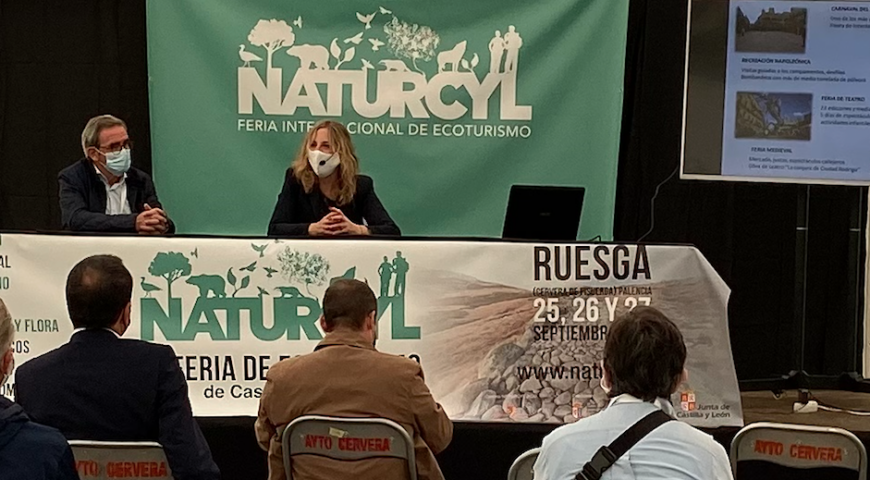
Ecotourism: ideas for safe sustainable travels in times of Covid
🐻 🐺 🐱 🐗 What about traveling to spot the Iberian brown bear, the wolf, the wild cat… and many more? ✨ 🔭 What about traveling to stargazing, hiking, biking and tasting local gastronomy? 🍷
💚 We have participated in the ecotourism fair “Naturcyl” in Palencia, Spain, and returned to Belgium safe and sound, full of covid-proof travel ideas!
Viviane Vaz for Id International
09.10.2020
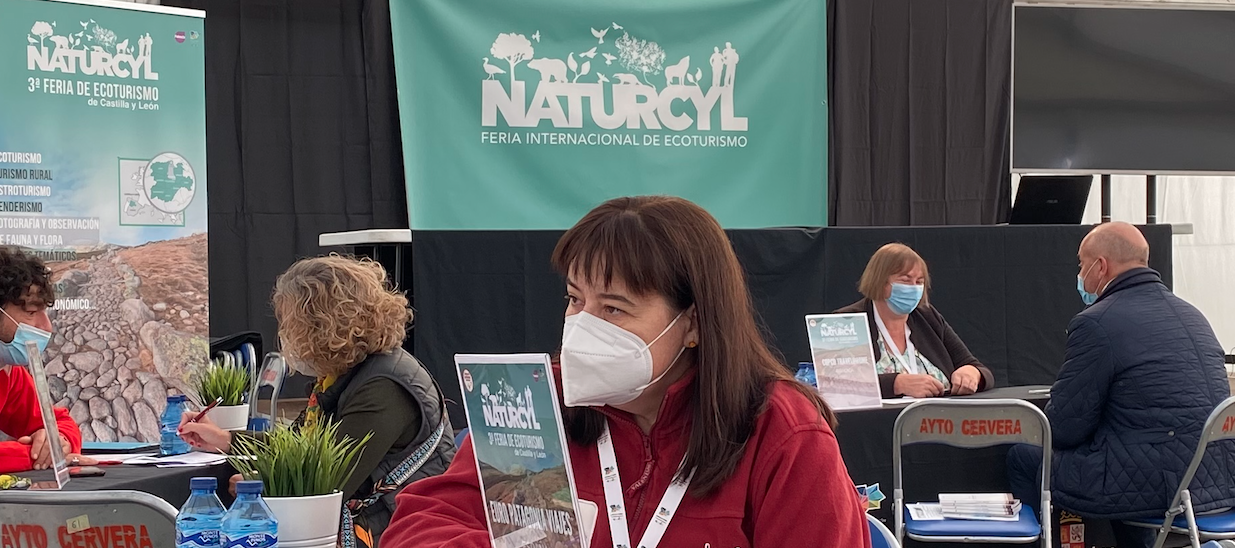
In the year of (nearly) no travels, Id International participated in a professional fair in Spain. Thanks to Castilla y León, who stood firmly to organise the third edition of Naturcyl in Palencia, from 25 to 27 September 2020! 💪
“The common feeling was that doing the ecotourism fair, even having all these Covid safety measures, was better than not to do it at all,” explained one of our local correspondents. And they did well. Last year Naturcyl achieved 7,000 participants, who came to the town of Ruesga, in the Palentina Mountain. This 2020 edition, 5,500 showed up. Not bad for a challenging year.
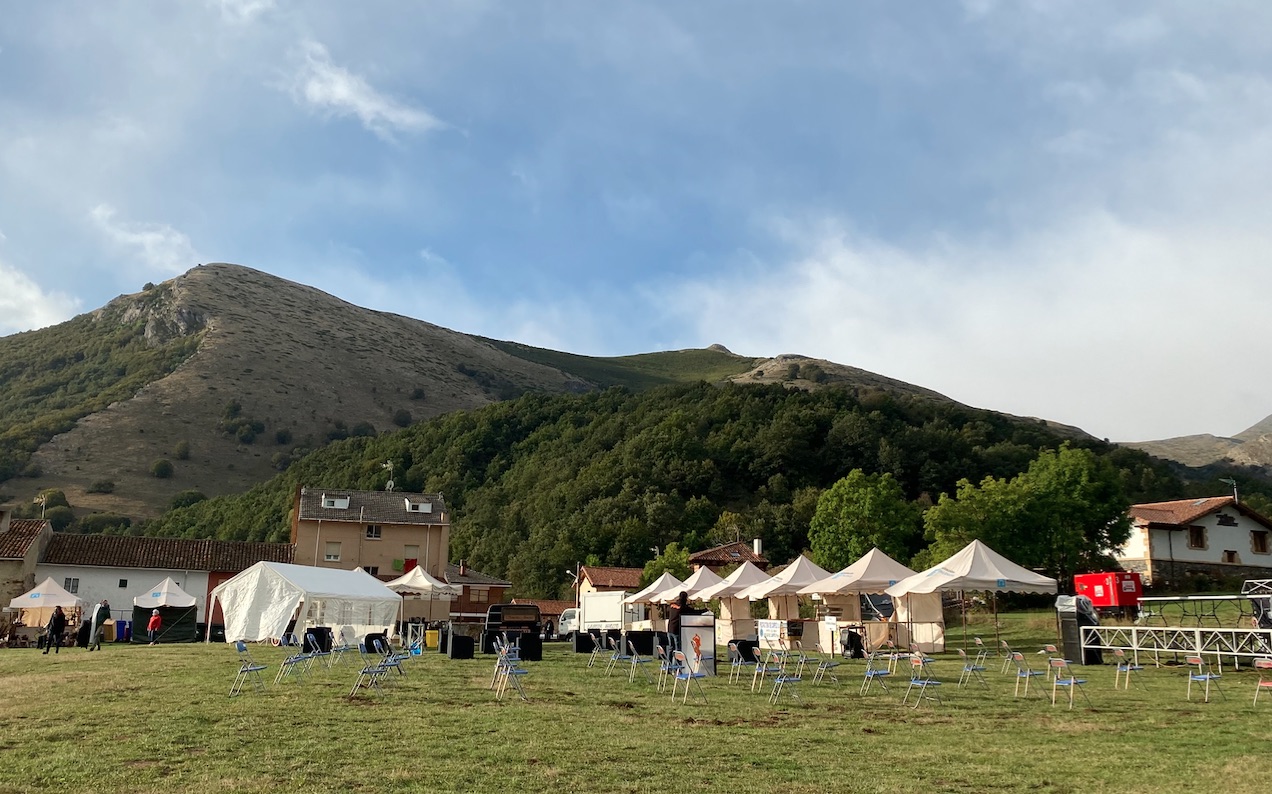
“Naturcyl is an example of a trade fair that advances towards quality tourism, by promoting an offer of rural tourism and sustainable, responsible and specialised nature tourism,” said the Deputy Minister of Culture and Tourism, Raúl Fernández Sobrino, during the opening. He highlighted the Spanish Tourism Ministry aims to promote development actions in rural areas through tourism.
The fair was the first face-to-face tourist fair held in Castile and Leon since March, free and open to the public. The organisers set an example and proved that with goodwill and business intelligence, it is still possible to organise a live event during Covid-19 pandemic. The event scrupulously complied with all the hygienic-sanitary protocols. The stands spread across a beautiful green field, visitors wore masks all the time and kept their hands disinfected by alcohol gel as well as helping to maintain social distance.
We, representatives of travel agents specialised in observing and experiencing nature, managed to hold business meetings with local suppliers wearing masks and having tables and chairs disinfected periodically. Our exclusive group had to be reduced to nine operators (seven from Spain and two from Belgium) in order to comply to Covid’s safety limitations as well. It was worth it, since we had the opportunity to multiply our services by meeting 47 local tourism entrepreneurs, who provide accommodation and nature activities, such as ornithological tourism, biking, hiking, stargazing, wine tourism and gastronomy, and wildlife photography.
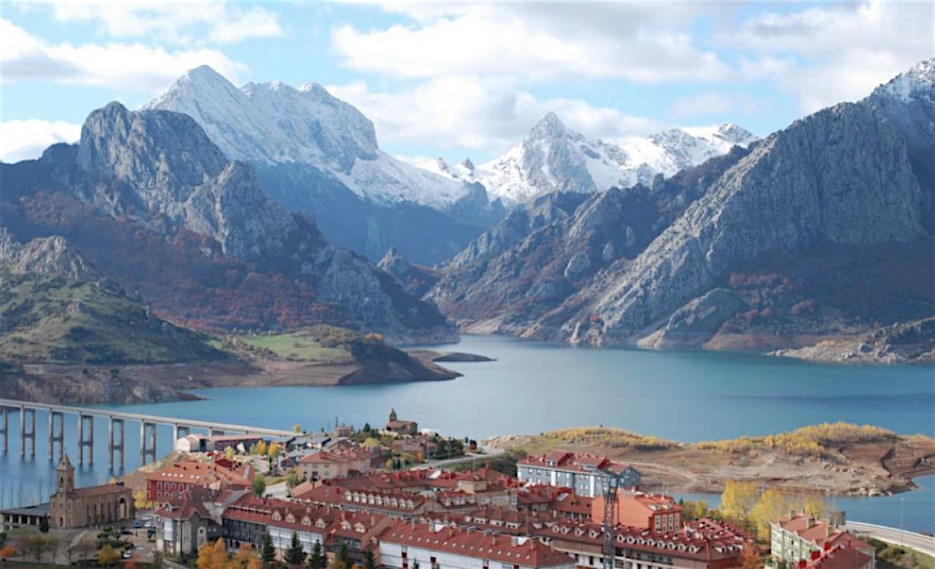
Back to the nature
Why did we participate in this fair, knowing we would need to do the uncomfortable (but necessary) test for Covid and accept to be quarantined on our return to Belgium? Because we needed to experience for ourselves that another way of traveling is possible: more sustainable, more creative and more connected to nature. A virus turns our world upside down, but it’s up to us to find new ways to continue living and feeling alive.
For some, the solution will be more digital events. For us, the healthiest option will be reconnecting to nature, which we encouraged even before Covid-19. As you may know, Belgians enjoy outdoor sports, love good food and beautiful natural landscapes: everything that places like Riaño or the Palentina mountain can offer us.
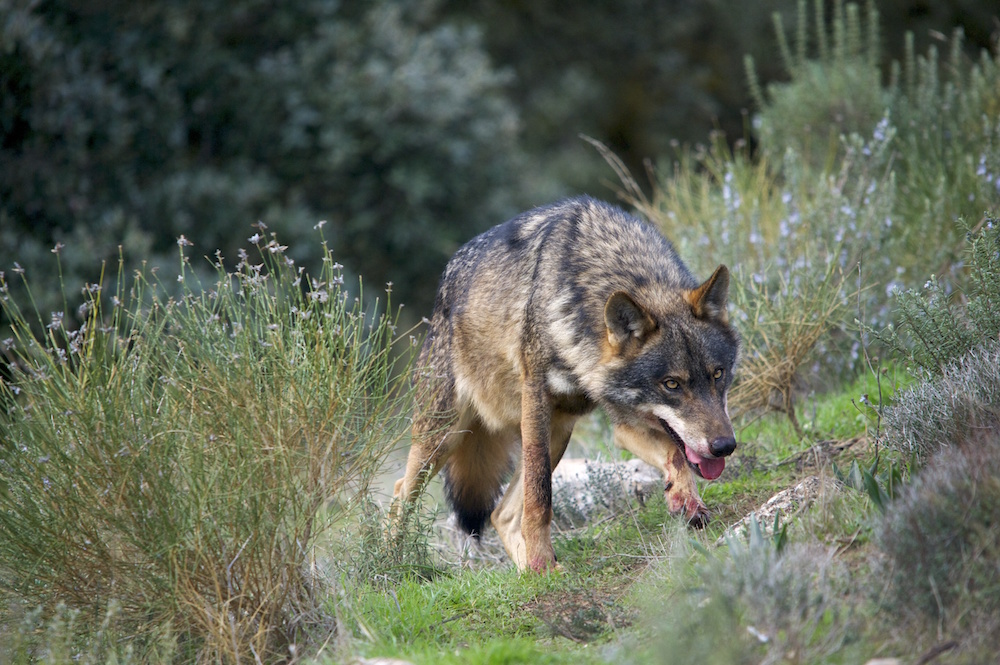
There, I remembered some fables from the ancient Greek Aesop, illustrated with talkative foxes and birds. Or rather, I experienced an Iberian tale unfolding before me. Have you ever seen an Iberian wolf? Our group saw an entire family playing in the mountains. Have you ever seen a wild cat? We spotted one followed by two foxes, who seemed to be wondering if they should stay or leave the feline territory. We saw majestic deers, wild horses, besides cows, dogs and sheep… Even wild boars crossed our path.
The only missing character was the Iberian brown bear… If it already started hibernating, it was very likely a male… If it were a female bear with children, they simply didn’t go out for a walk that day, since they usually do not hibernate… By the way, did you know this habit was already registered in “The Book of Hunting” by King Alfonso XI? Dating back to the 14th Century, the inhabitants already knew that female bears with cubs do not sleep in the winter!
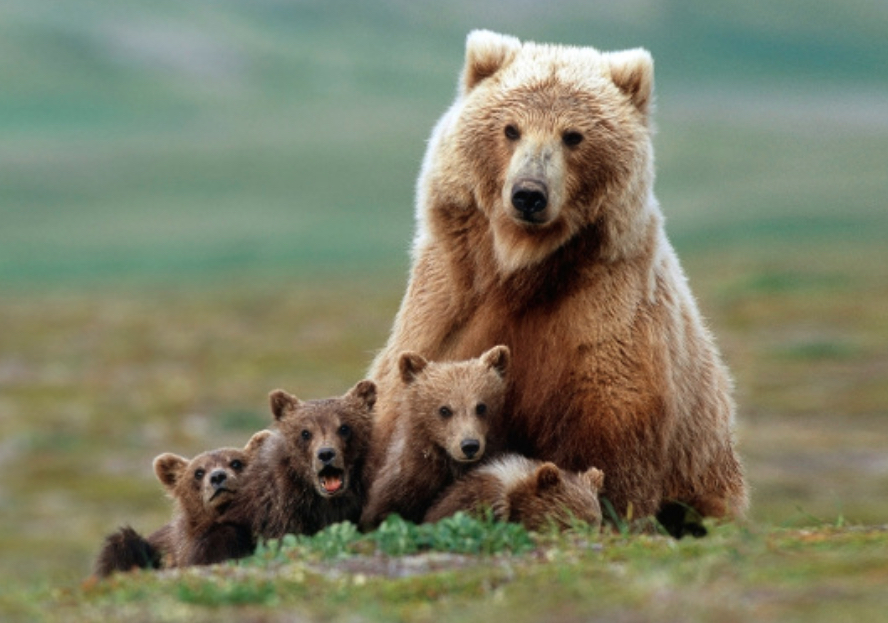
Anyway, now we have a good reason to return with a small group of conscious and friendly people, interested in nature, rural tourism, digital detox, gastronomy, adventure and sports. There are options for all tastes… and covid-proof!

